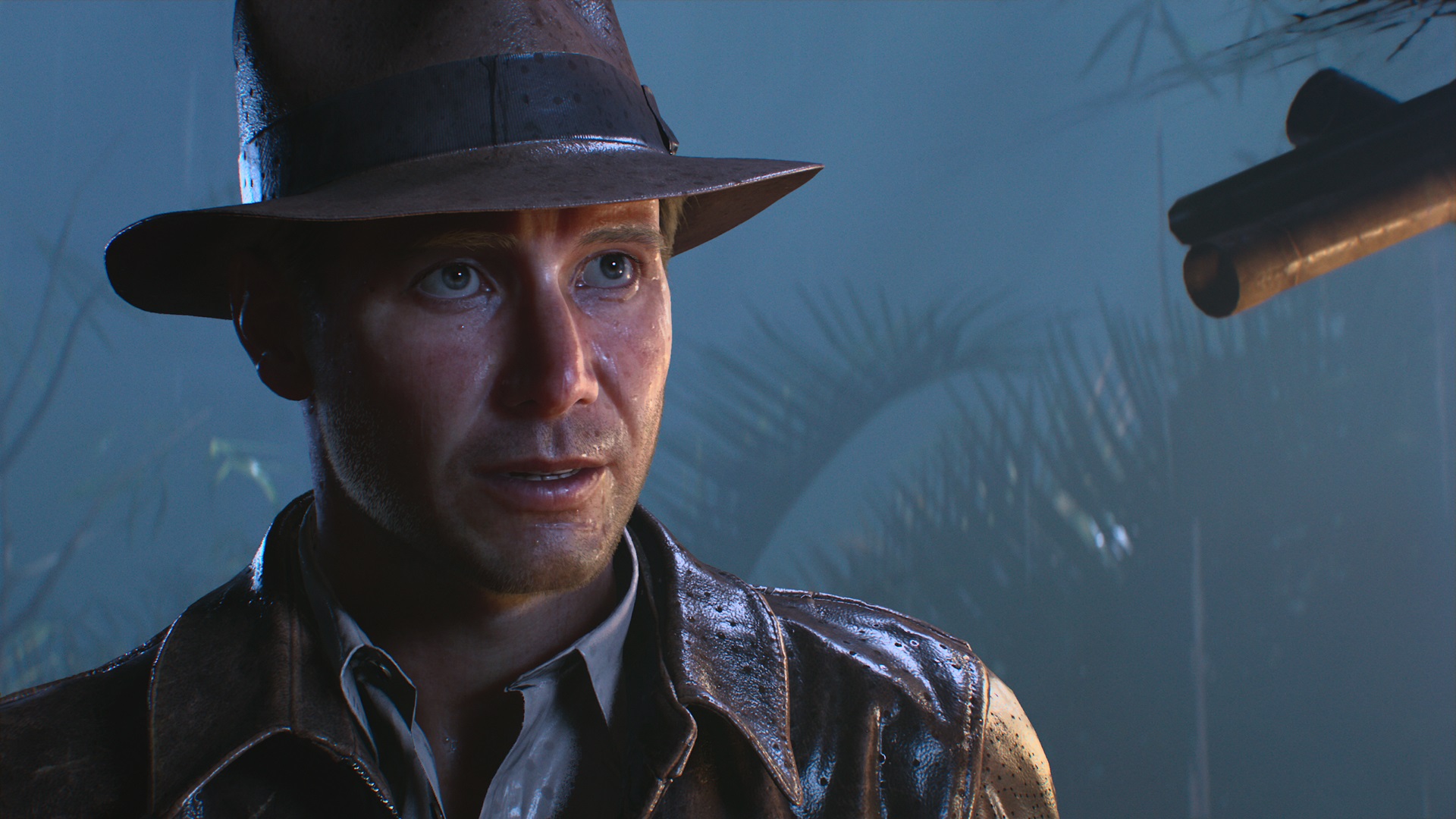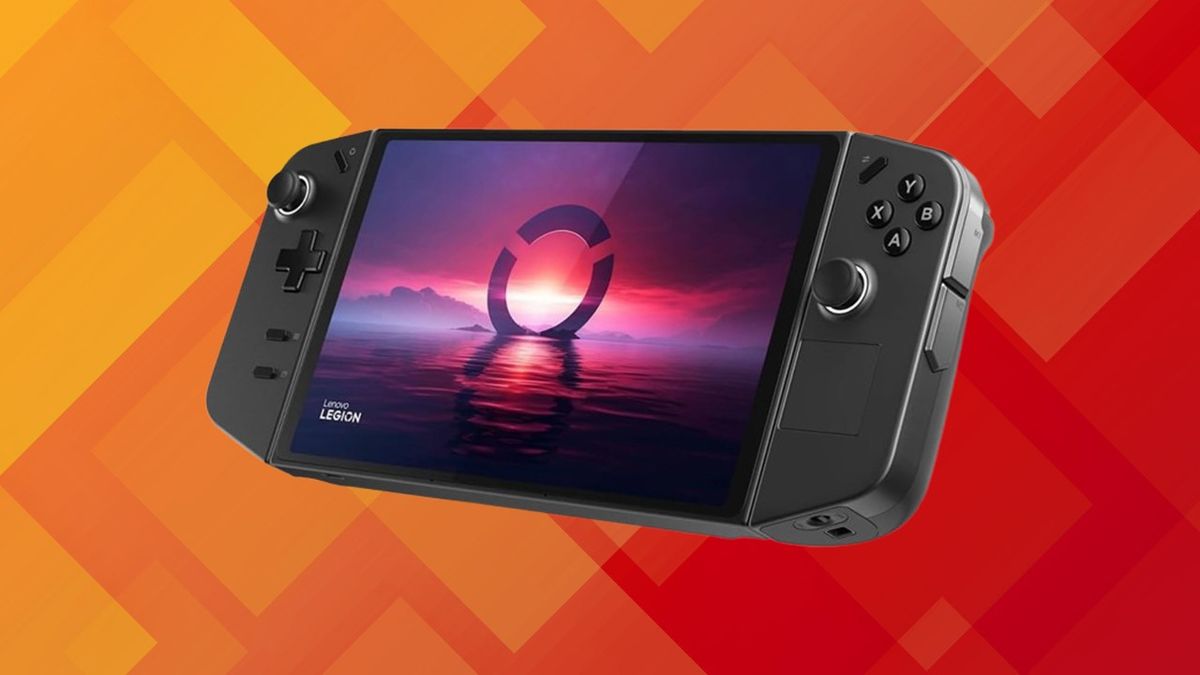2025 is looking to bring some interesting developments in the world of portable gaming devices.
Lenovo is holding an event at CES 2025 on the future of gaming handhelds and, as seen in an email by The Verge, there’s a couple of special guests in attendance. Pierre-Loup Griffais, one of the designers of the Steam Deck at Valve, will be a part of the presentation. Another big guest is Microsoft’s Jason Ronald, vice president of Xbox gaming devices and ecosystem. Eye-catchingly, Ronald is now being introduced as Microsoft’s “VP of next generation,” and while we don’t know exactly what he’s there to talk about, we can certainly make some educated guesses.
Ronald will likely be discussing improvements made to Windows specifically for new gaming handhelds. Running on Windows means players have more flexibility in choosing to use services like PC Game Pass, but the Windows side of the experience is often cited as the weakest part of using a device like the Lenovo Legion Go or ASUS ROG Ally.
What’s the longterm play for Xbox and Windows handhelds?
Microsoft Gaming CEO Phil Spencer previously confirmed that the Xbox team is quite interested in building a dedicated handheld and is experimenting with different prototypes, but that it’s currently “years away” from launching, quite similar to the PlayStation handheld reportedly in development at Sony.
Until such a first-party device materializes, Microsoft is looking to partner with different companies that already have handhelds out in order to improve the experience of playing Xbox games on the go, directly playing into the firm’s recent “This is an Xbox” marketing campaign. We’ve even heard that Microsoft is exploring options around letting third-parties build Xbox-branded devices, something that could extend as far as letting them directly use the Xbox operating system.
These third-party Xbox devices could appeal to specific niches, providing a number of options with audiences or markets that Microsoft has previously struggled in. In this event, a hypothetical “Xbox” branded handheld from a developer like ASUS would actually be an Xbox, providing players access to the same library of games and the same services that they can use when playing on an Xbox Series X|S console.
Obviously, these yet-hypothetical third-party Xbox devices would carry a number of questions. What does the certification process look like? Is there a minimum spec requirement to ensure it can play all the same games? What does the price range look like?

For me, it’s an intriguing concept, but one that only works if the experience is truly seamless. Right now, I can get close when playing games on my PC, but some friction remains, and not everything carries over between versions of different games.
There is some hope, with slow but steady improvements happening on that side of the equation. Bethesda and MachineGames’ Indiana Jones and the Great Circle, introduced the ability to use a single universal Xbox save across the console and Steam versions of the game, and it’s something I hope to see implemented across all future Xbox first-party titles.
With a stacked lineup of games and a number of different irons in the fire for the overall platform, 2025 should provide some interesting light around Microsoft’s plans for Xbox.

